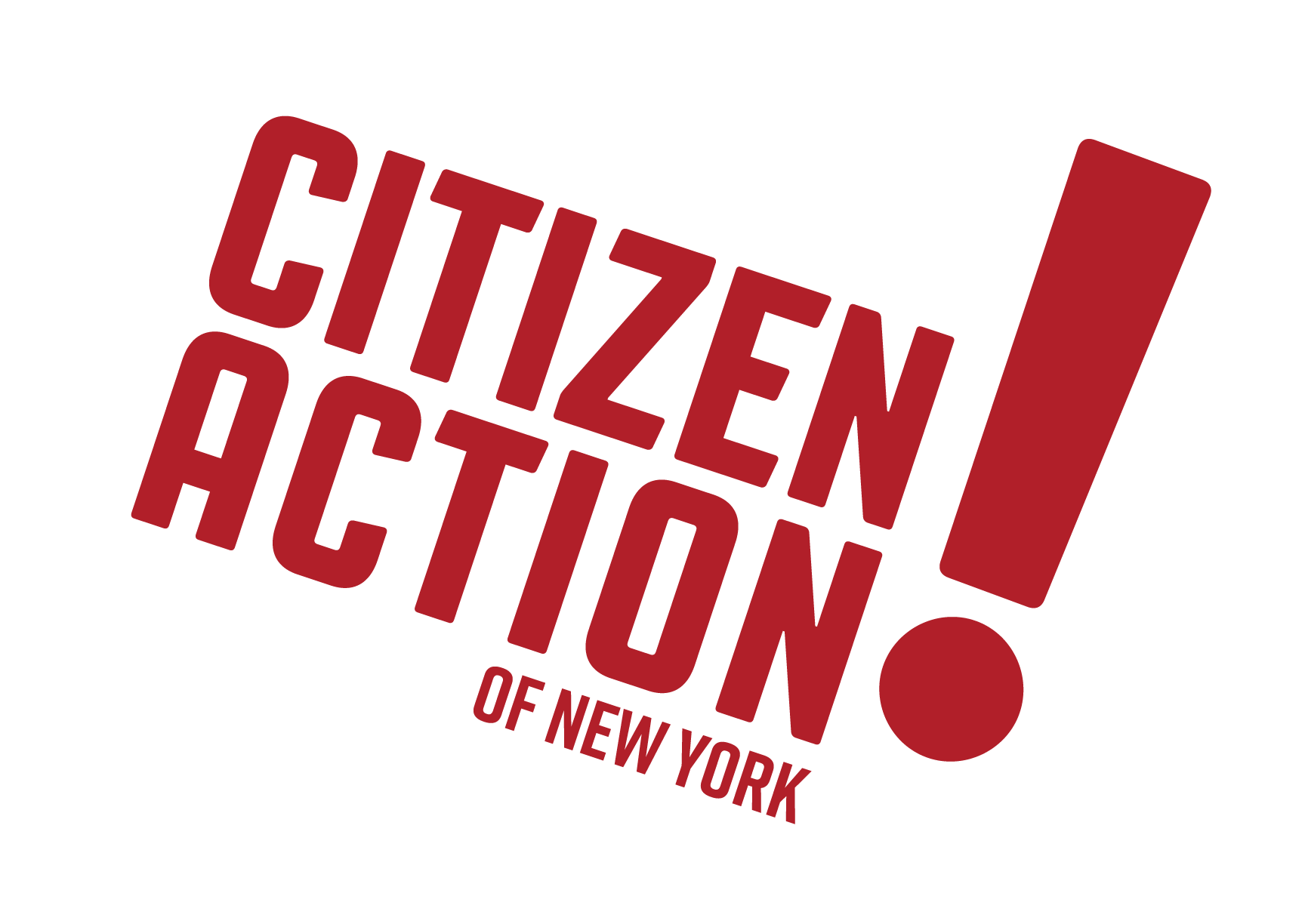CITIZEN ACTION OF NEW YORK
For Immediate Release: June 22, 2010
Senator Eric Schneiderman, Consumer and Senior Representatives Call for Passage of Legislation to Protect New Yorkers From Deceptive Surcharges on Debit Cards
Albany, NY – Organizations representing consumers, seniors and credit unions joined with Senator Eric Schneiderman (D-31st) to call for passage this week of a bill he sponsors (S.7267-B) and similar legislation in the Assembly to ban surcharges on debit cards, which are used for consumer purchases and to access government benefits. The groups also called for the Senate and the Assembly to reach agreement on surcharge legislation and to pass it into law before the end of the session.
“It is a fundamental principle of consumer protection that merchants can’t advertise one price and then charge a higher price at the checkout counter,” said Senator Schneiderman. “But that’s exactly what’s happening when consumers are stuck with a fee just for using a debit card. State law doesn’t allow surcharges on credit card purchases, and it shouldn’t allow them for debit cards either. Seniors and other consumers are under enough economic stress already: they shouldn’t have to pay another tax just to access their benefits or buy the everyday goods they need to get by.”
“Both houses of the Legislature have a great opportunity to nip in the bud nuisance fees on debit cards that threaten the wallets of seniors, those on fixed incomes, young people, and those who receive government benefits,” said Karen Scharff, Executive Director of Citizen Action of New York, a multi-issue consumer and social justice organization. “We thank Senator Schneiderman and Assemblywoman Pheffer for their leadership, and we urge both houses to pass common legislation to ban debit card surcharges before the end of session.”
In 1984, New York banned surcharges on credit cards, but not debit cards, as they were not then in common use. Legislation is necessary to close this loophole now that debit cards have become an increasingly common form of payment. Maine and Kansas have already banned debit card surcharges, and other states are considering similar legislation.
“The use of debit cards is increasing, because they provide a direct, effective way for households to pay bills off right away, and avoid accumulating household debt,” said Chuck Bell, programs director for Consumers Union, the nonprofit publisher of Consumer Reports. “This legislation will ensure that consumers who choose to use debit and prepaid cards will not be penalized with retailer surcharges.”
“This legislation is particularly important because government benefits, such as Social Security payments, are increasingly distributed using debit cards. By 2013. most federal benefits, including Social Security, will be distributed by direct deposit or by prepaid debit card for those who do not have bank accounts,” said Laura Cameron, Executive Director of the New York State Association of Area Agencies on Aging. “Consumers who receive their Social Security payments in the form of a debit card should not be required to pay surcharges when using these cards at the checkout counter.”
Debit cards are now used by many New Yorkers to access government benefits like unemployment and public assistance. Social Security payments will be accessed by debit cards beginning in 2013. S.7267 makes clear that offering discounts to induce customers to pay by cash or check is not prohibited, as this does not present an issue of consumer deception. The Senate bill also permits surcharges if a consumer receives cash back after making a debit card purchase, but only on the cash received, not the entire purchase. Senate passage of the bill is highly likely. Assemblywoman Audrey Pheffer (D-23) has sponsored a similar bill (A.10430-A) in the Assembly.
“Aside from using cash, debit cards are the most financially responsible means for consumers to avoid debt through making purchases they can’t afford. In today’s economic climate, the Legislature should follow the credit unions’ lead and do all it can to encourage thrift among New York’s consumers,” said Amy Kramer, Vice President for Government Affairs of the Credit Union Association of New York. “Our 451 not-for-profit credit unions and their 4.4 million members are also concerned that merchants will discriminate against debit cards issued by smaller financial institutions, resulting in higher costs and less consumer choice.”
“As government benefits are distributed using debit cards, it is vitally important to pass S.7267 and A. 10430 into law to protect consumers and ensure that retailers cannot impose surcharges on purchases made using a debit card,” said Cameron.
“We commend the sponsors of this legislation for adding the provisions relating to prepaid cards, which are likely to be used by consumers who receive government benefits and do not have access to mainstream banking services,” Bell said. “These critically important protections will ensure that consumers who receive unemployment benefits or payroll income on prepaid cards will not be required to pay additional surcharges at retail stores.”
###
